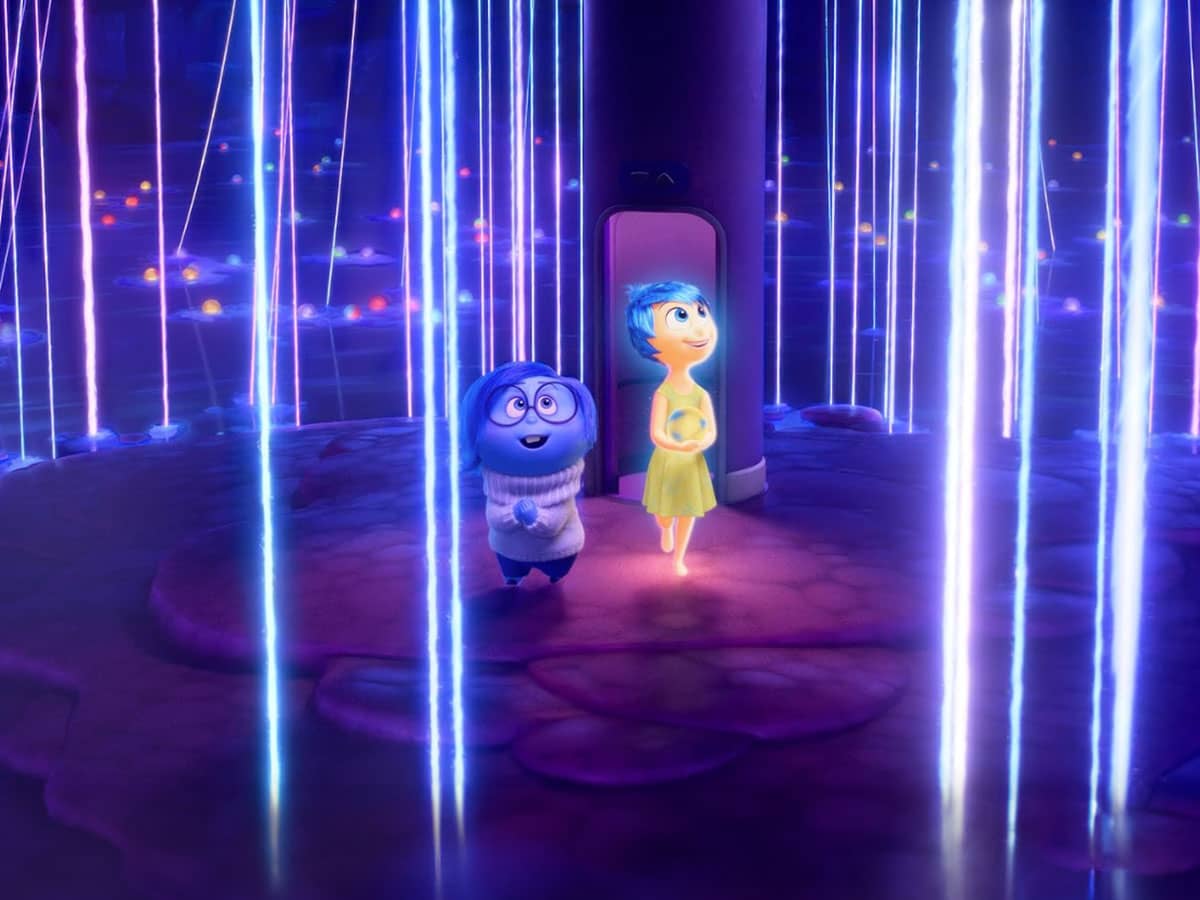Even the movie's title has links to childhood happiness. Madadayo means, in Japanese, "not yet." Early in the film, the hero of this unheroic tale explains how, in his youth, he played a hide and seek game in which the seekers would cry "Maadha kai!" which means, "Are you ready?" The hider would respond, "Madadayo," which means, "Not yet." Now, in his old age, the professor resurrects this saying from his youth. Every year at his birthday party, his adoring former students place a giant glass of beer in front of him. Before he drinks it, they chant, "Maadha kai," and when he finishes it, he exclaims, "Madadayo!" to assure everyone that he is not yet ready to leave this world. The soothing tranquility of "Madadayo" says something different: Its serenity is deep, like the calm of a man at peace, ready for the day when his answer to the call, "Madadayo," will be a silent "yes."
"Madadayo," fittingly, was the last film of Japan's most famous director, who died in 1998 at the age of 88. The creator of "Rashomon," "The Seven Samurai," and "Kagemusha" made this quiet coda to his career in 1991. Kurosawa's late masterpiece "Ran" has also been re-released in selected cities, and watching the two movies shows how age had changed Kurosawa's approach to conflicts of the soul. "Ran," based on Shakespeare's "King Lear," depicts life as pain and death as endless loneliness. In "Madadayo," pain is transcended, leaving us with the inspiring possibility that death can bring spiritual peace.
The story begins in Japan at the time of the Second World War and follows the professor (played with guileless charm by Tatsuo Matsumura) through the last years of his life. Though he says he wants peace and quiet and no visitors, during most of the film the professor is at the center of cheerful, crowded gatherings of visiting former students. During these gatherings--some at his home and some at a reception hall where the students hold his annual birthday party--the professor is always the center of attention, playing a role somewhere between an eccentric grandfather and an all-knowing Buddha. His student disciples are mesmerized by his words.
At times it's hard to understand just what is so splendid about the professor's comments, but by emphasizing the unabashed excitement of the students and the professor's complete lack of pretense, Kurosawa shows that the joyful feelings the professor evokes are more important than the reasons for them. We begin to believe, as the film progresses, that the professor is indeed "solid gold," as his students describe him--a man with no impurities.
The biggest event in the film is a birthday party; the largest crisis is the loss of a cat. Yet there are hints of bigger ideas underlying the simple story: the professor insists in living modestly like his favorite poet, Chomei, who lived in isolation in a hermitage contemplating life's suffering. Later, when his students build him a house, he insists that they devote most of the land to a garden filled with symbols: a circular pond--a symbol of life's constant current; and a willow tree beside the pond--a symbol of mourning and loss.
With a restrained lens and attention to detail, Kurosawa's filming captures the same charm and simplicity as the story. Using natural, muted tones of blue, tan, and black against splashes of vibrant color, he conveys the warmth and comfort that envelops the professor and everyone with whom he comes in contact. Just as the film's deeper meanings lie within simple events, the most visually striking scenes take place during some of the film's quietest moments: A shining black umbrella open in the rain; a woman's blurred face is seen through a train window, her flesh tones blending with the blue evening shadows.
The balanced geometry of the professor's house also lends a comforting sense of harmony: smooth beams of light wood and opaque door screens; the professor's books, neatly stacked close together like pieces in a puzzle. The serene complacency of the professor's wife, who spends most of the movie sitting quietly at the professor's side or pouring tea for the guests, adds an agreeable rhythm of order and ritual. Don't see "Madadayo" if you're looking for the visual grandeur or riveting action typical of "Ran" or "The Seven Samurai." Do see it if you want to witness this renowned filmmaker redirecting his talents to create a quiet, intimate film that inspires through its simplicity.

